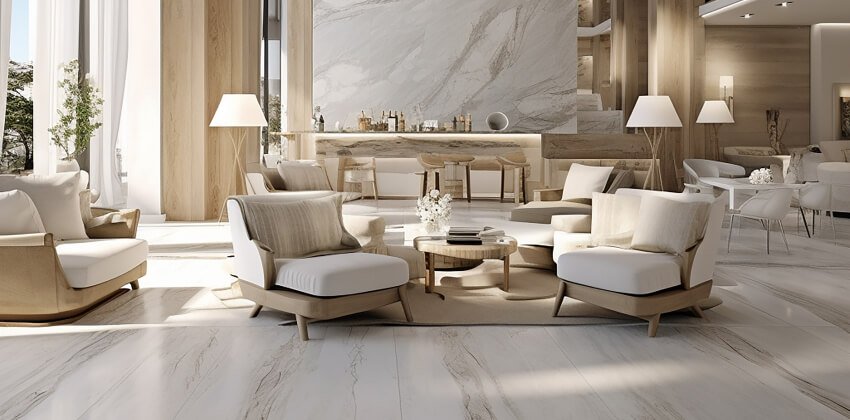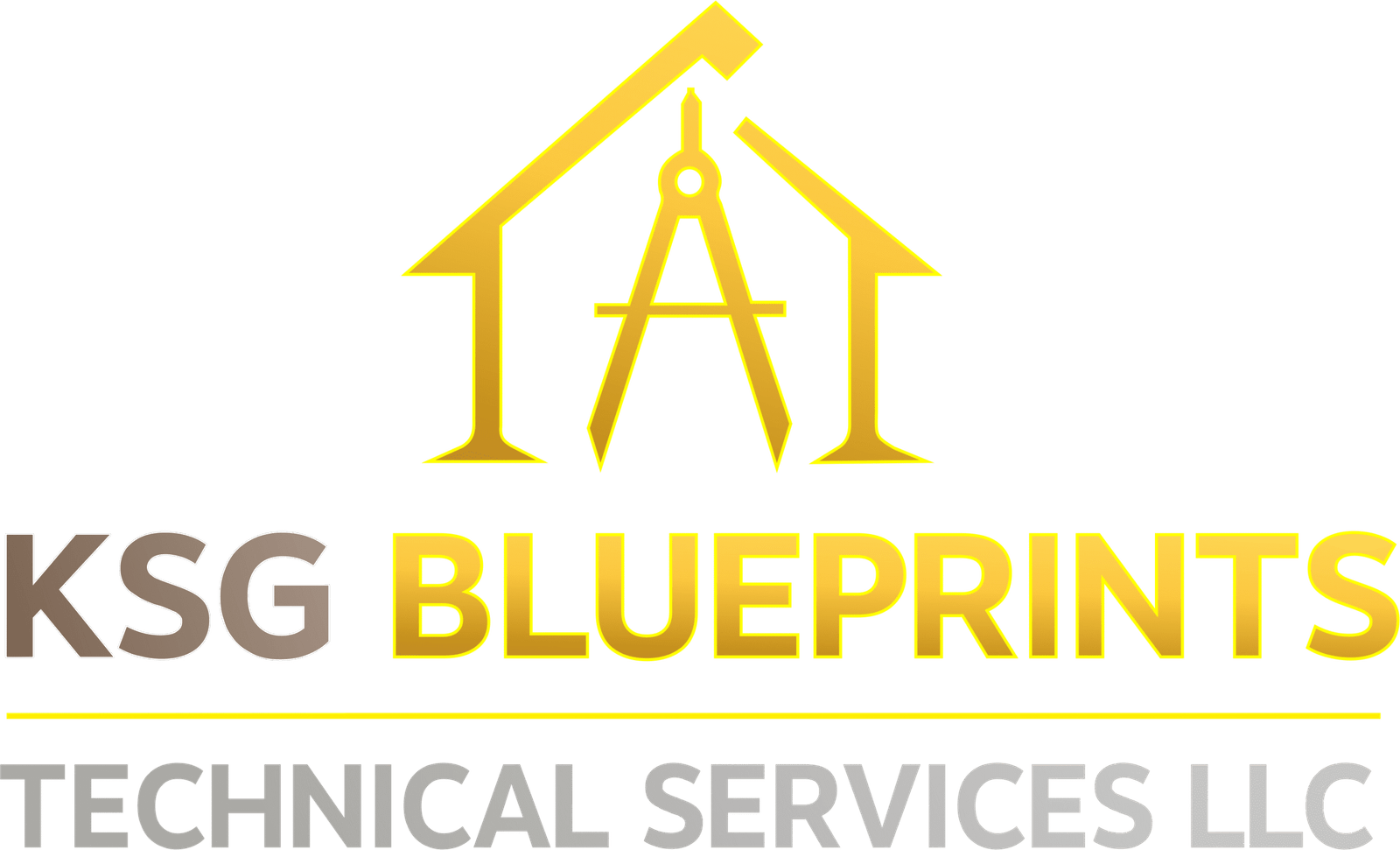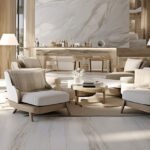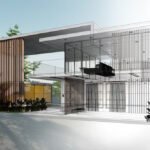
5 Questions to Ask Before Hiring an Interior Designer in Dubai (for Your Home or Office)
Introduction: Finding Your Perfect Design Partner
Dubai is home to some of the world’s most talented interior designers, which is fantastic—but it can also make choosing the right one feel overwhelming. Whether you’re planning a massive villa renovation or fitting out a sleek new corporate office, your designer is your most important partner. A successful project depends entirely on that relationship.
At KSG Blueprints, we believe in total transparency. We want you to feel confident in your choice. Before you sign any contract, we recommend you ask every potential interior company in Dubai these five critical questions. These questions will help you find a partner with the right expertise, the right process, and the right approach.
Question 1: What Is Your Specific Experience with Projects Like Mine in Dubai?
The sheer size and complexity of Dubai projects mean specialization matters. Don’t settle for a generalist.
Experience in Your Sector
- Residential vs. Commercial: The skills needed for designing a cozy family home are very different from those needed for a high-traffic retail space or a productive corporate office. Make sure their portfolio showcases success in your specific sector. Ask to see examples that match the size and style of your project (e.g., “Do you have experience with luxury penthouse design?” or “Can you show me a similar-sized commercial fit-out?”).
- Local Knowledge is Key: Dubai has unique requirements. A designer needs to understand local regulations, which materials are best for the climate (e.g., heat resistance, dust management), and the approval processes required by authorities like the Dubai Municipality or various Free Zones. Local expertise saves massive delays and costly mistakes. Ask, “How often have you managed the full authority approval process for an office fit-out?”
A designer who has mastered the specific challenges of your project type will bring invaluable practical knowledge, not just great ideas.
Question 2: How Will You Ensure the Final Design Reflects My Personal Style?
The best designers don’t force their style onto you; they help you find yours. You are paying for a space that feels authentic to you or your brand.
The Collaborative Process
- Understanding Your Vision: The first meeting should be all about listening. Ask the designer how they capture your ideas. Do they use mood boards, picture references, or detailed questionnaires? A good designer should be able to take abstract ideas—like “I want the space to feel calm” or “The office should look innovative”—and translate them into a concrete plan.
- Finding the ‘Heart’: We believe the best interior work has heart. Ask, “How do you ensure this design feels like my home, and not just a page from a catalogue?” For a home, this means reflecting your lifestyle—maybe you need a hidden home office or a dedicated space for hosting large family gatherings. For an office, it means ensuring the design reflects the company culture and brand story.
- Flexibility: While a designer will guide you, they should also be flexible. If you have a specific piece of furniture or artwork you love, they should be willing to integrate it seamlessly into the new design, not dismiss it because it doesn’t fit their initial concept.
Choose a designer who treats the process as a partnership, not a dictatorship.
Question 3: Can You Provide a Transparent, Detailed Breakdown of All Costs?
Design is an art, but the budget is a science. You must establish financial clarity upfront to avoid painful surprises later.
Demand Total Transparency
- Beyond the Fee: Don’t just ask about the design fee. Ask for a complete breakdown that includes estimated costs for:
- Design Fees: What exactly does this cover (concept, drawings, 3D visuals)?
- Material and Furniture Procurement: How do they handle sourcing? Do they offer trade discounts, and how are those savings passed on to you?
- Contractor and Fit-Out Costs: This should cover construction, MEP (Mechanical, Electrical, Plumbing), and installation.
- Working with the Budget: A skilled designer won’t just ask for your budget; they will actively advise you on where to spend and where to save. Ask, “If we need to reduce the budget by 10%, which elements would you recommend we prioritize or simplify?” This shows whether they are focused on efficiency or just maximizing their spend.
- Avoiding Hidden Costs: Ensure the contract clearly outlines all deliverables and that there are no ambiguous clauses that could lead to unexpected fees halfway through the project.
A trustworthy interior company in Dubai will always prioritize a clear, itemized financial plan.
Question 4: What Is Your Project Management and Communication Process?
Interior design projects are complex, involving many different suppliers and contractors. Poor management is the number one cause of delays and stress.
Clarity and Control
- The Single Point of Contact: Who is your main point of contact? You shouldn’t have to chase five different people. The designer or a dedicated project manager should handle all coordination with the contractors, suppliers, and external engineers.
- Timeline and Milestones: Ask for a detailed, realistic timeline. When will the final drawings be complete? When does construction start? When is the projected handover? A professional firm will have a tested, organized process.
- Communication Schedule: How often will you receive updates? Will they be written reports, site visits, or phone calls? Clear and consistent communication is the backbone of a successful project, especially if you are renovating a home while living elsewhere in Dubai. You need a partner who is proactive in flagging potential issues before they become problems.
A robust management system from an experienced designer is what ensures your beautiful vision is executed smoothly and on time.
Question 5: What After-Sales Service or Warranty Do You Offer?
A completed project should mark the beginning of your enjoyment, not the end of the designer’s commitment.
Long-Term Peace of Mind
- Warranties: Ask specifically about warranties on the fit-out work (e.g., electrical, plumbing, carpentry). A high-quality interior company should stand behind the quality of their execution and their selected materials.
- Snagging Period: Every project has a “snagging list”—small items that need final correction after handover. Ask how they handle this period and what their response time is for fixing minor issues that appear in the first few weeks or months.
- Long-Term Relationship: The best designers view you as a long-term client. They should be available for advice on maintenance or small future additions.
By asking these five questions, you’ll move beyond just looking at glossy pictures and start focusing on the factors that truly determine project success: expertise, trust, transparency, and a shared passion for making your space perfect.
Ready to partner with a trusted interior design agency? Contact KSG Blueprints to discuss your home or office project today.





Add a comment